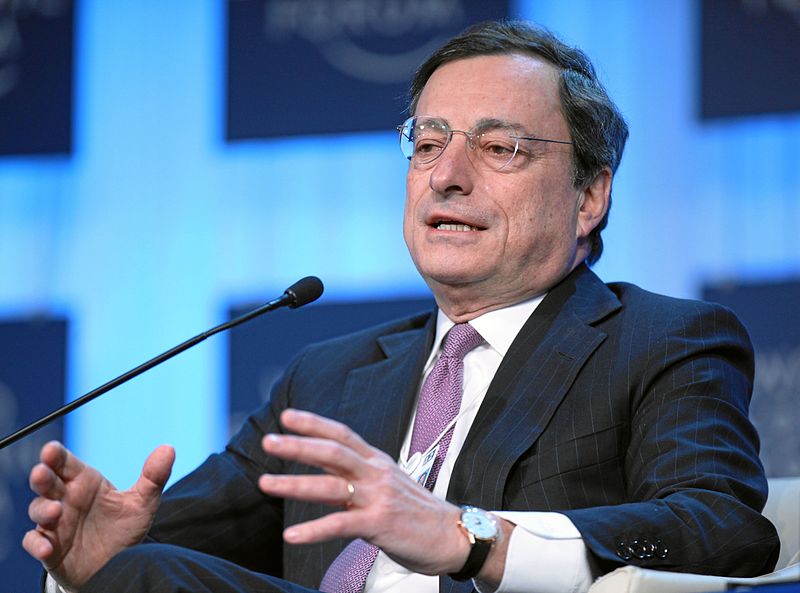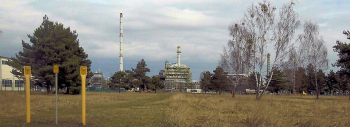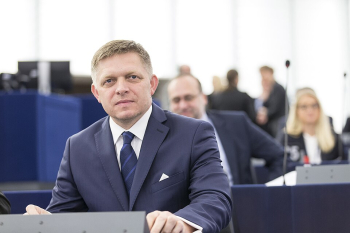
Former Italian Prime Minister and central banker Mario Draghi is set to unveil his long-awaited report on EU competitiveness, which is expected to propose
"radical changes." Delayed from its original June release, the report comes at a critical time, just before European Commission President Ursula von der Leyen assigns new responsibilities to her incoming team of commissioners. Draghi, famous for his pledge to do "whatever it takes" to save the euro during his tenure at the European Central Bank, now faces the monumental task of addressing the broader EU economy.
A Glimpse of the Report's Focus
Hints about the report’s content suggest Draghi will address the widening productivity gap between the EU and the United States. While the two economies were on par 15 years ago, the U.S. economy is now 50% larger. Draghi has already voiced concerns over the substantial subsidies the U.S. and China are providing to support green technology, which could destabilize the global trade system.
Leaks from recent briefings indicate that Draghi will also tackle the EU's dependence on external markets, climate change, and social inclusion. His report is expected to offer recommendations for ten key sectors, including defense and energy.
Echoes of Past Proposals?
Many of Draghi's recommendations may overlap with those of another former Italian prime minister, Enrico Letta. Earlier this year, Letta was tasked with devising strategies to enhance the EU's single market. Like Letta, Draghi is likely to emphasize reducing external dependencies and pushing for a more integrated market within the EU.
The Question of Funding
One of the major uncertainties surrounding Draghi's proposals is how they will be financed. In April, Letta suggested allocating national subsidies for EU-wide projects or tapping into the European Stability Mechanism, originally set up to assist the banking sector, to fund defense initiatives. Draghi may put forward similar ideas but could also propose more ambitious measures like Eurobonds, which are likely to stir controversy.
Political and Institutional Challenges
Draghi’s report is likely to face political pushback. Right-wing critics may argue that his plan overlooks the impact of migration, while left-wing opponents might accuse him of pursuing deregulation and wage cuts. Furthermore, the report will need to navigate the EU's complex institutional landscape, including the EU Council, which has previously resisted market reforms.
Despite these challenges, the report is expected to be a wake-up call for Brussels, urging the EU to address its economic stagnation. Depending on how von der Leyen responds, Draghi’s recommendations could play a significant role in shaping the next five years of the EU’s political and economic agenda. Photo by World Economic Forum, Wikimedia commons.

















